
5 minute read
FROM POVERTY TO POSSIBILITY
We believe that every person in every community deserves the opportunities, access and connections they need to build a good life - regardless of their income, the neighbourhood they live in, or their social identity.
United Way’s poverty reduction efforts are designed to achieve measurable results which ensure families and individuals have the financial, social, and personal assets they need to improve their quality of life.
In our role as a community convener, we have brought together community partners to develop a collective plan to support community members move for Poverty to Possibility. Our innovative strategy was formed to assist with food, supportive housing and housing supports, as well as collaborative strategies for shared systems and infrastructure, with the ultimate goals of reducing barriers, increasing access and building stability for those experiencing poverty. Through this strategy, we will change our systems and ensure that people living in low incomes both have their basic needs met and access opportunities to achieve income security.
TOTAL INVESTMENTS: $421,266
More than 10,000 community members had increased access to sufficient, nutritious, culturally appropriate and affordable food.
"Through The Seed’s wholesale and surplus food delivery program, we have been able to provide Wyndham House with regular access to fresh, nutritious food — much of it donated and distributed at no cost thanks to United Way funding. This partnership does more than fill cupboards; it creates meaningful opportunities for youth in supportive housing.
At Wyndham House, surplus produce like apples and tomatoes is transformed into apple sauce, muffins, and salsa often with youth helping prepare the food alongside staff. These shared activities teach essential food skills and build confidence. One staff member shared that before this partnership, youth often expressed frustration about the lack of fresh food. Now, they not only have more access to it, but they’re also part of the preparation process — a change that makes them feel heard, capable, and valued."
"If it weren’t for United Way, we wouldn’t have the stability or resources to deliver high-quality, fresh food to local housing and community organizations - food that not only feeds people, but also builds skills, strengthens communities, and supports wellbeing in deeply human ways."
An average of 344 seniors living in low-income housing had access to a fresh food market every month.
$2.2 million worth of donated food moved through our community to help ensure quality & nutritious food is available
109 community members were housed in permanent supportive and safe housing.
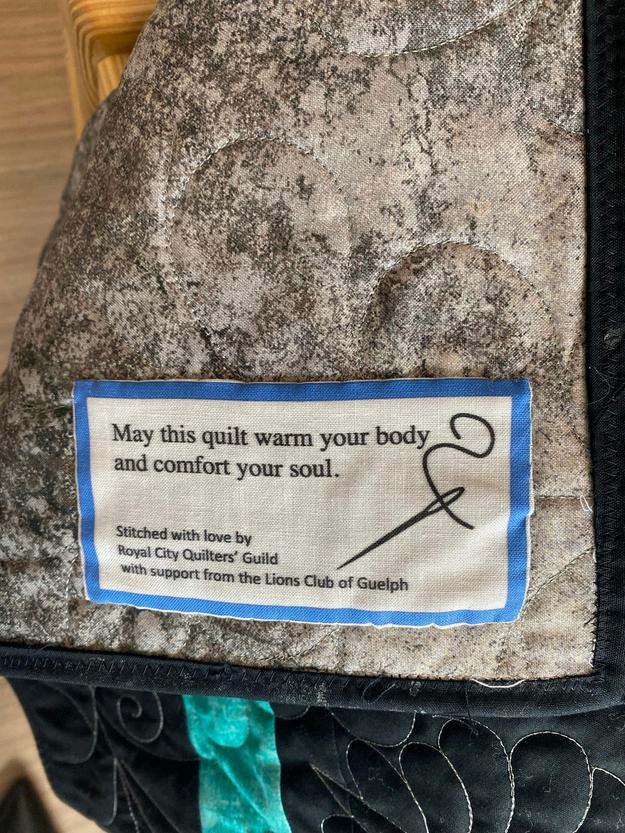

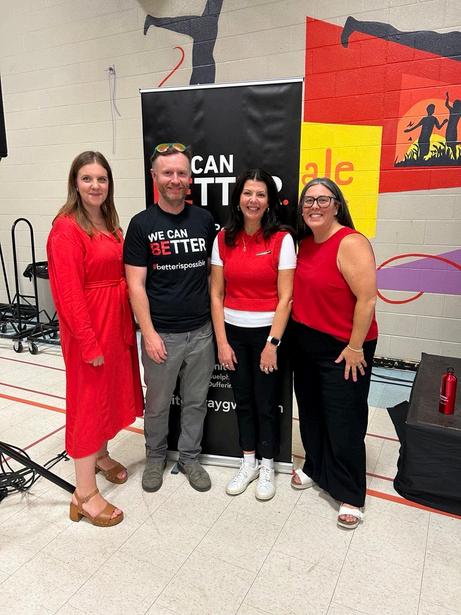
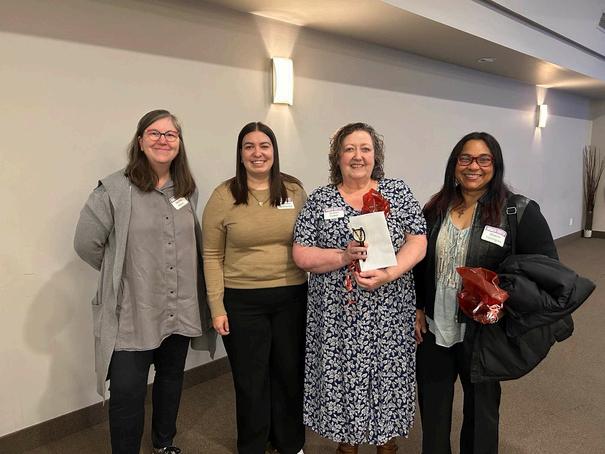
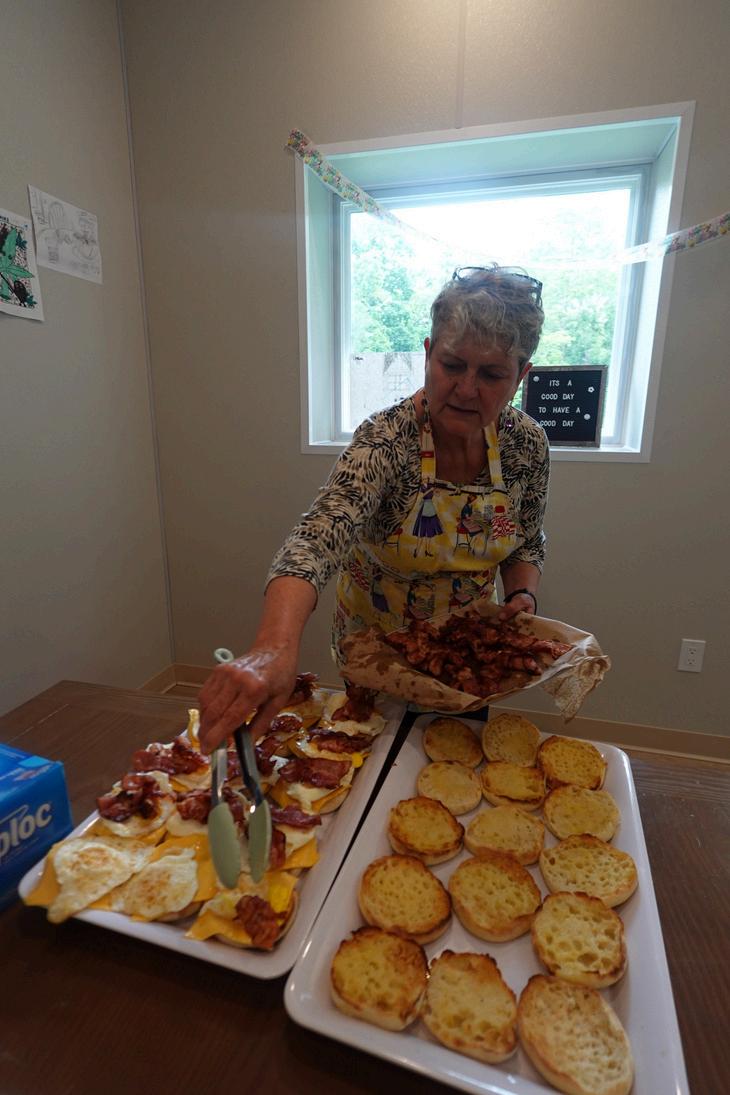
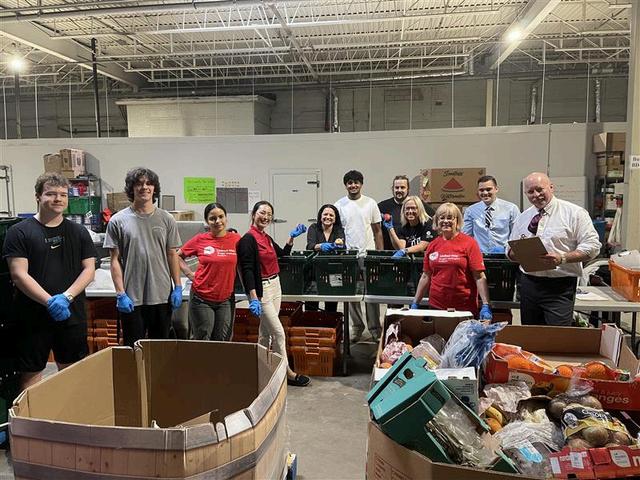
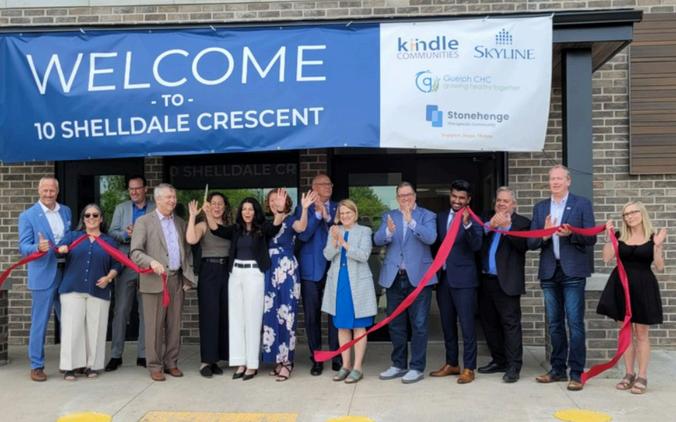
HIGHLIGHT:
When United Way GWD launched our new Community Impact strategy in 2022, we challenged ourselves to look at how we and our partners were addressing poverty in our community We know that issues like food insecurity, homelessness and income security aren’t experienced in isolation – so our solutions shouldn’t be either. So, we leveraged our role as a community convenor, our commitment to meaningful community impact and our relationships with other community planners and partners. We consolidated our expertise around one table and brought together housing and food partners to look at how, as a network, we could address the root causes of poverty while also creating systemic change.
Over the past three years we have been developing and working on an equitable strategy to move people from poverty to possibility, through food assistance and shared community food models, permanent supportive housing and employment and income supports. This innovative strategy is not like others in our community – because it’s a collective of amazing partners and it has seed funding and big dreams to fuel it!
In 2024, we started work piloting one of the strategies to bring quality, nutritious food for tenants at three permanent supportive housing sites in Guelph and further support the health & wellbeing of some of our community’s most vulnerable. This pilot includes providing the food for meal programs, food cupboards, no-cost/low-cost food markets and wholesale food ordering.
Early outcomes of the pilot include:
Improved food skills - clients are learning how to prepare a meal with supplies at hand
Reduced barriers to food access - food markets reduce transportation challenges and food cupboards provide food at easy to access locations
Increased food security - an increase in access to fresh, quality and nutritious food
Programming support - access to food to help support clients to take medication and supplement nutrition support with protein drinks and shakes
Improved well-being - fresh food and culturally relevant food bring a feeling of value to clients
Increased sense of community - shared meals, cooking together and the time spent connecting around food help build connection and support






